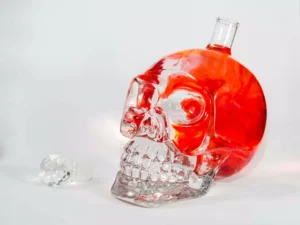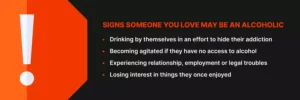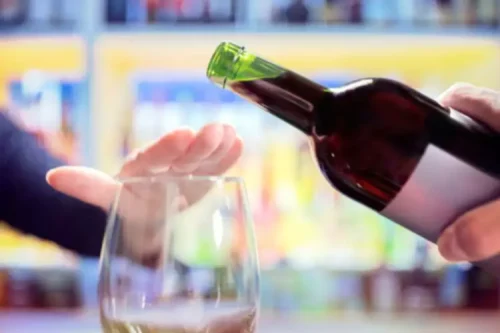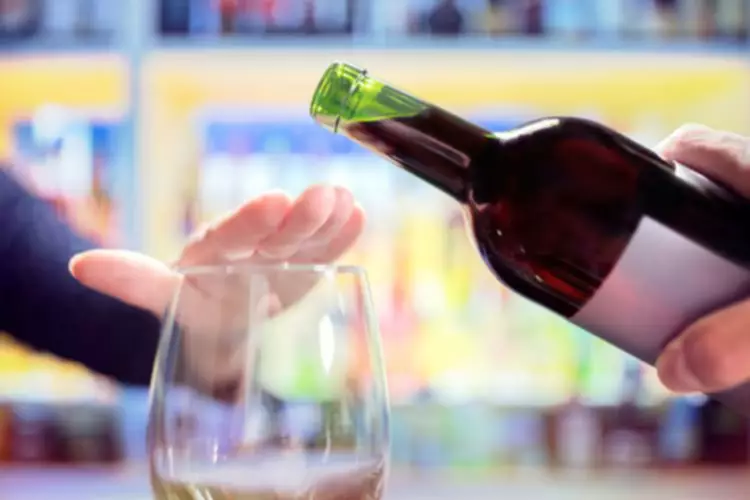
Because he is a member of a support group that stresses the importance of anonymity at the public level, he does not use his photograph or his real name on this website. You stop attending all meetings with counselors and your support groups and discontinue any pharmacotherapy treatments. You may feel loneliness, frustration, anger, resentment, and tension. By Geralyn Dexter, PhD, LMHCDexter has a doctorate in psychology and is a licensed mental health counselor with a focus on suicidal ideation, self-harm, and mood disorders. This stage typically starts 3–5 years after you’ve stopped drinking.

Common Internal Relapse Triggers

“Lapse and relapse following inpatient tr…f opiate dependence.” Irish Medical Journal, June 2010. We’ll be able to tell you if your insurance provider is in network with an American Addiction Centers treatment facility. You’ll soon start receiving the latest Mayo Clinic health information you requested in your inbox. You begin to abandon the daily routine or schedule that you developed in early sobriety.
Understanding Alcohol Relapse
- Understanding which environmental factors are likely to cause a person to reuse can help them avoid these situations and prevent returning to use.
- While the abstinence stage of withdrawal causes mostly physical symptoms, post-acute withdrawal is very psychological and emotional.
- A critical step in overcoming this stage of relapse is to practice self-care in its physical, psychological, and emotional aspects.
- Our daily research-backed readings teach you the neuroscience of alcohol, and our in-app Toolkit provides the resources and activities you need to navigate each challenge.
Recovery from AUD is marked by stages of abstinence, withdrawal, repair, and growth. While the process may take several years, the outcome is a happier, healthier life where you have the freedom to fulfill your full potential. While the abstinence stage of withdrawal causes mostly physical symptoms, post-acute withdrawal is very psychological and emotional. If you think you may have a drinking problem, you’re definitely not alone. In 2021, researchers estimated nearly 30 million people ages 12 years and older in the United States had alcohol use disorder (AUD).
The Role of Treatment in Relapse Prevention
Seeking help for addiction may feel daunting or even scary, but several organizations can provide support. We surveyed 2,136 American adults who either wanted to stop drinking alcohol or had already tried to (successfully or not). In some people, the initial reaction may feel like an increase in energy. But as you continue to drink, you become drowsy and have less control over your actions. John C. Umhau, MD, MPH, CPE is board-certified in addiction medicine and preventative medicine. For over 20 years Dr. Umhau was a senior clinical investigator at the National Institute on Alcohol Abuse and Alcoholism of the National Institutes of Health (NIH).

A single episode of drinking isn’t always considered a relapse. To avoid relapse after a slip, many people attend support group meetings or therapy sessions. Preventing a relapse starts with having a strong recovery what to do after a relapse plan. Surround yourself with supportive loved ones, attend self-help group meetings, and/or go to therapy sessions. If you’ve been in a program, immediately connect with your counselor, therapist, support group, or mentor.
- If you are working toward long-term sobriety and want to avoid having a relapse, it is important to recognize the following warning signs.
- You’ll also have the opportunity to connect with our licensed Reframe coaches for more personalized guidance.
- American Addiction Centers (AAC) is a leading provider of addiction treatment programs and has trusted facilities across the country.
- With CBT, you learn that recovery is based on practicing coping skills, not willpower.
- Sometimes people will cycle through the stages several times before quitting.
- A heavy drinking binge may even cause a life-threatening coma or death.
Understand personal triggers
- Part of the recovery process includes talking about relapse, and learning healthier ways to cope with triggers that can lead to it.
- A 2006 study published in the journal Addiction found that 62 percent of people treated for alcoholism through alcohol rehab or Alcoholics Anonymous maintained recovery after three years.
- A relapse is when an individual returns to drinking after a period of abstinence.
- Remembering the negative effects using had on aspects of their life, such as their relationships, work, or studying, may also help.
- A relapse is the worsening of a medical condition that had previously improved.
A person who is experiencing an emotional relapse might be in denial, grow irritable, isolate themselves and avoid friends, family and support group members. American Addiction Centers (AAC) is a leading provider of addiction treatment programs and has trusted facilities across the country. We understand the important role that treatment plays in helping you end your addiction and live a high quality of life in recovery. Whether this is your first time in treatment or you have relapsed and need additional support, AAC is here for you.
- This is a small list, but any of the points on it would be good signs that you may need outside intervention.
- Risk factors for relapse can be psychological, social, environmental, internal, and behavioral.
- A drug relapse is an instance of substance misuse after previously stopping use.
- As a result, overcoming guilt and negative self-talk is vital.

Genetic, psychological, social and environmental factors can impact how drinking alcohol affects your body and behavior. Theories suggest that for certain people drinking has a different and stronger impact that can lead to alcohol use disorder. A relapse prevention plan is used to help keep a person from using a substance after they have decided to quit. It is one of many tools used by individuals recovering from a substance use disorder. It can begin with an emotional relapse, followed by mental and then physical relapses.
